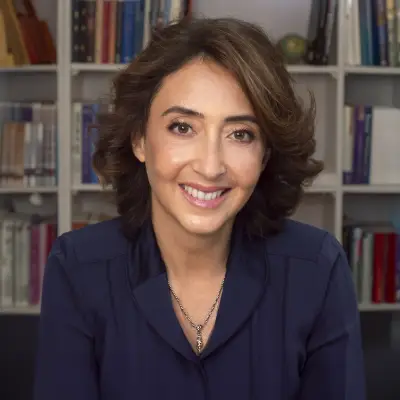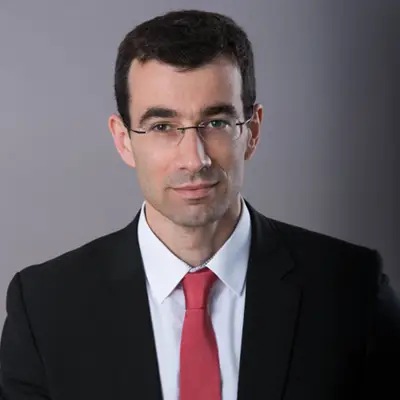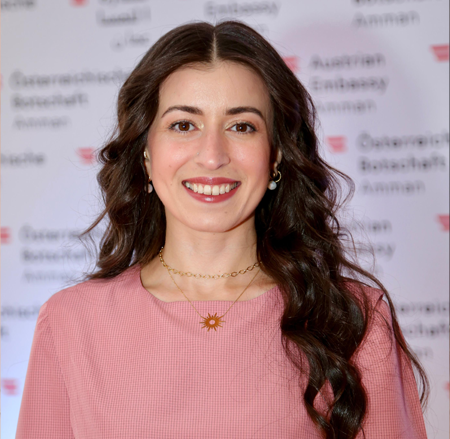Resilience and Culture Crossing Borders
It would be impossible for me to write a few words without highlighting that this 37th Edition of the European Union Film Festival in Amman is taking place in a region that has, in recent years, been overshadowed by conflict and hardship, though nothing to the scale of the genocide and starvation we are witnessing in Gaza, sometimes live.
Against that backdrop, it remains important to tell stories and remember that culture, and cinema culture in particular, have a powerful way of reminding us of certain values like equality, or solidarity, to make us reflect and gather around what we hold dear as human beings, what we share, wherever we may be from, no matter our beliefs or the colour of our skin. Cinema can play an important role in healing and resilience.
It allows us to explore different perspectives, and create an open dialogue that transcends borders and divides.
Through the films selected at this Festival, you will witness a variety of stories, of dramas, of mysteries and stories of family love, or painful transitions and resilience, and, undeniably, also the artistry and diversity of European cinema.
Some told through allegories for a universal audience such as the Ukrainian animation film “Mavka: the Forest Song,” or poignant tragi comedies like the Czech film “Reveillon” evoke questions of national identity and tell us about the challenges still facing people in Easter Europe since the fall of the iron curtain.
Other stories are coproductions, stories of families depicted in war torn countries, or of characters who move between borders: “Yalla Parkour,” a Swedish/Jordanian/Palestinian coproduction, takes place in Gaza a few years ago, where lives of Palestinians were harshly restricted within the strip. But it is filled with the emotion of what it means to be a Palestinian from Gaza.
Also bringing together filmmakers and producers from different countries are the documentary “In the Shadow of Beirut” in which the Lebanese-Irish team behind the film expose the drama of being a Palestinian refugee in Lebanon, while the award-winning film “Rebel,” is a case in point, when it comes to successful coproductions: it was filmed in Jordan and written and directed by two Belgian filmmakers of Moroccan descent, and tells a story which takes place between Syria and Belgium.
Like these films, these stories simply show us that stories originate, evolve and develop across borders, around the Euro Mediterranean space, for a reason: we have so much in common and so much that unites us.
And unlike us, these stories don’t need a visa to cross borders and travel: they can reach people’s minds and emotions wherever they are.
It is these stories that help us understand one another the most, that help us see through the Other’s eyes and feel what they are feeling, and that have the most power to bring us together.
So this year, I would like to encourage you to think of these movies developed across borders, through co-productions or mixing crews and multiple funding, and remember how important it is for us to come together to produce something significant amidst such a turmoil.
As we celebrate the films, we are also in reality celebrating the strength of the human spirit, the shared values of empathy, understanding and community that they uphold. And through that, this quintessential truth which seems to have been forgotten when it comes to Palestinians : that we are all equal human beings.



